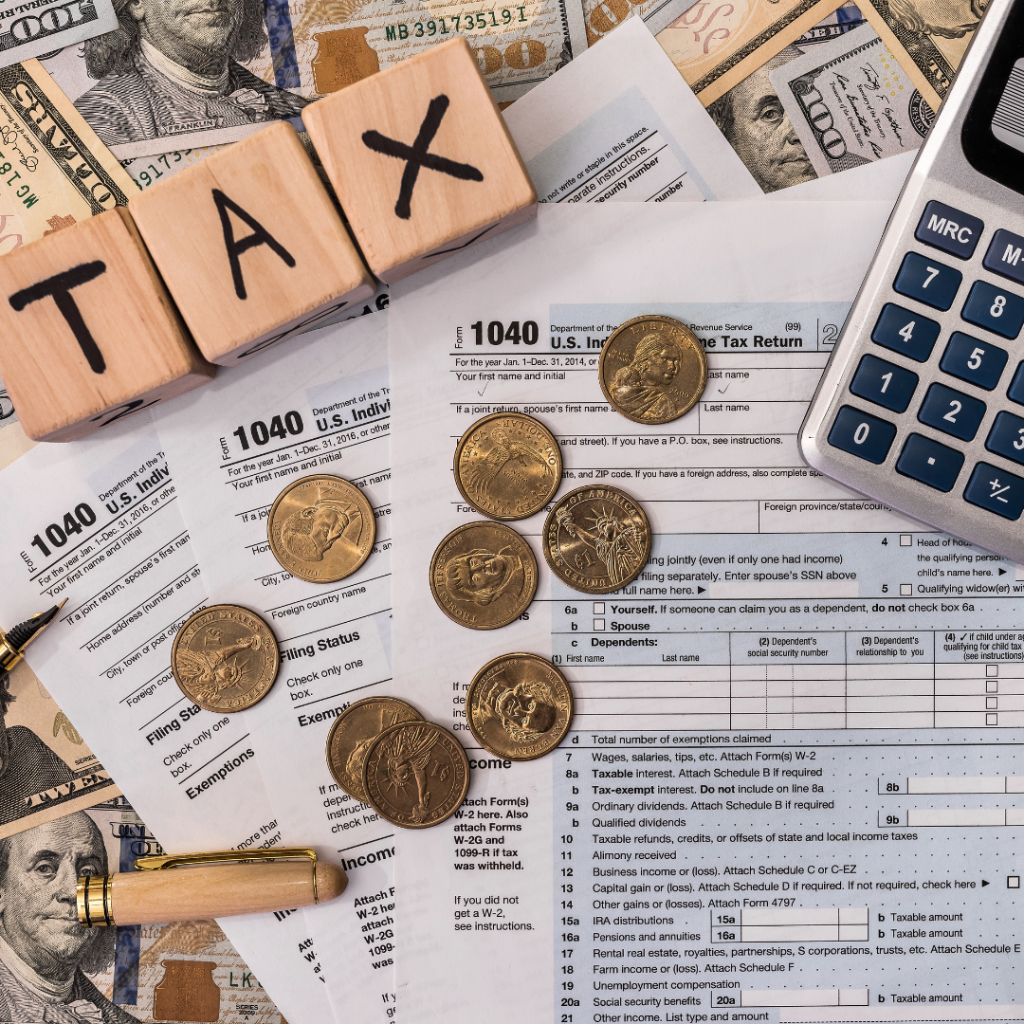A detailed guide to key taxes, withholdings, and exemptions for foreigners selling their property in Spain.

Selling a property in Spain can be a complex process for foreign owners, particularly regarding taxation. This article outlines the main aspects to consider, including the Non-Resident Income Tax (IRNR), the mandatory 3% withholding on the sale price, and available tax exemptions. With a clear understanding of these elements, foreign sellers can plan a more efficient sale and avoid surprises at the closing stage.
At Portal Menorca, we work with expert tax advisors who can guide you through all aspects of real estate taxation. If you have any questions or need personalized assistance, we’re here to help. Contact us!
Taxation on Property Sales in Spain for Foreign Owners
Selling a property in Spain involves tax obligations that, if managed correctly, can minimize costs and simplify the process. For foreign nationals selling properties in the country, understanding taxes, withholdings, and potential exemptions is crucial. This guide explains the key points to consider when selling your property in Spain, with special attention to the fiscal peculiarities of the Balearic Islands, particularly Menorca.
1. Non-Resident Income Tax (IRNR)
What is the IRNR?
The Non-Resident Income Tax (IRNR) applies to individuals who do not reside in Spain but generate income in the country, such as profits from selling a property. This tax is levied on the capital gain, calculated as the difference between the purchase price and the sale price.
Calculation and Tax Rate:
- Tax rate: The applicable rate is 19% on the gain for residents of the European Union, Norway, and Iceland, while residents of other countries are subject to 24%.
- Taxable base: The taxable base is calculated by deducting the original purchase price and any additional expenses incurred during the purchase or demonstrable improvements made to the property from the sale price.
Declaration and Payment of IRNR:
- The tax declaration is made using form 210. Foreigners must submit this declaration within the first three months of the fiscal year following the sale.
- While payment is made at the end, it is advisable to seek expert advice to avoid errors and accurately calculate the taxable gain.

2. 3% Withholding on the Sale Price
What is it, and why is it applied?
To ensure tax compliance, Spanish law mandates a 3% withholding on the sale price when the seller is a non-resident foreigner. This amount is withheld by the buyer and paid directly to the Spanish tax authority on behalf of the seller.
Recovering the withholding:
If the seller incurs a capital loss, they may recover the withholding by submitting the appropriate declaration. The refund must also be requested using form 210, though the process can take several months depending on administrative workloads.
3. Municipal Capital Gains Tax (IIVTNU)
What is the municipal capital gains tax?
This local tax is levied on the increase in the value of the land on which the property is located since the last sale. It is independent of whether the owner has made a profit or loss on the property sale itself.
Calculation of the Municipal Capital Gains Tax:
It is based on the cadastral value of the land and the time the property has been owned. Rates can vary significantly between municipalities, so it is advisable to check with the local council for specific information.
Municipal Capital Gains Tax in the Balearic Islands:
The Balearic Islands have local regulations that affect property transactions. Depending on the municipality, such as in Menorca, specific rates or exemptions may apply. Since this tax is under local jurisdiction, sellers should consult the corresponding council for an accurate assessment and to avoid surprises at closing.

4. Tax Exemptions and Deductions
Specific exemptions for individuals over 65:
In Spain, residents over 65 may be exempt from paying income tax on the sale of their primary residence if they have lived in it for at least three years. However, this exemption does not apply to non-residents, who must still pay the IRNR.
Exemption for reinvestment in a primary residence:
While this exemption mainly applies to residents, some bilateral agreements between Spain and other countries may offer similar benefits. Consulting a specialized advisor is essential to understand the applicable benefits in each situation.
5. Other Relevant Taxes in the Balearic Islands
Transfer Tax and Stamp Duty (ITP and AJD):
While this tax directly affects buyers, it impacts market supply and demand. Transfer Tax rates may vary in the Balearic Islands, influencing the interest of certain international buyers. Understanding the impact of ITP and AJD in the region is crucial to competitively pricing your property in the market.
Wealth Tax in the Balearic Islands:
Owners of high-value properties in the Balearic Islands are subject to a higher Wealth Tax rate than in other regions of Spain. While not specific to the sale, this tax may be a consideration for owners seeking to optimize their tax burden or reduce their property exposure in the region.

6. Final Considerations and Recommendations
Early planning and tax advice:
Selling a property in Spain entails various costs and tax obligations. Engaging the assistance of a tax advisor with experience in foreign property sales can streamline the entire process, helping to avoid errors that could lead to penalties or delays in withholding refunds.
Document preparation:
It is crucial to have all purchase documentation ready, as well as proof of expenses and improvements made to the property. These documents will be needed to calculate the taxable gain and to request exemptions or the refund of the withholding.
Conclusion
Selling a property in Spain as a foreigner requires understanding and complying with a range of taxes and specific requirements. The Balearic Islands, including Menorca, present fiscal peculiarities that may affect the sale. Through adequate preparation and professional advice, sellers can optimize their profits and avoid complications with the Spanish tax authorities.
